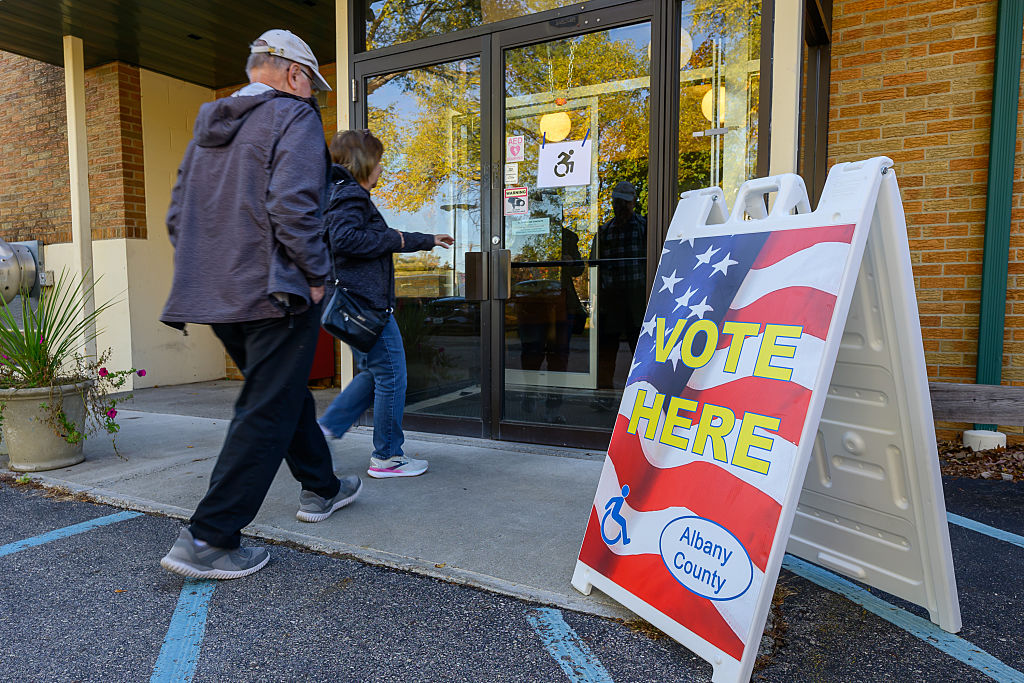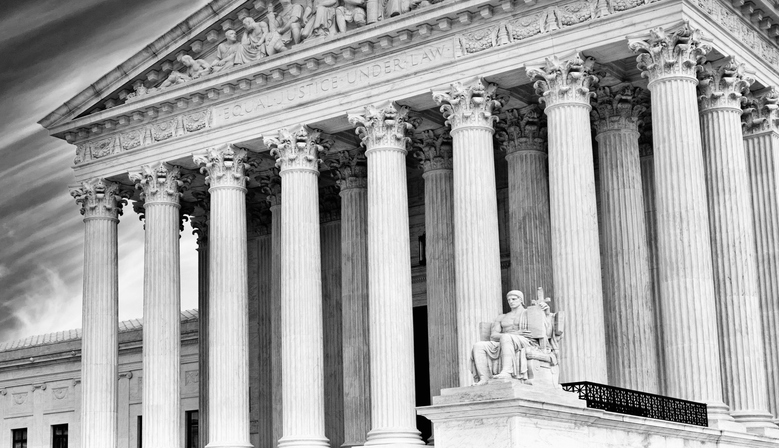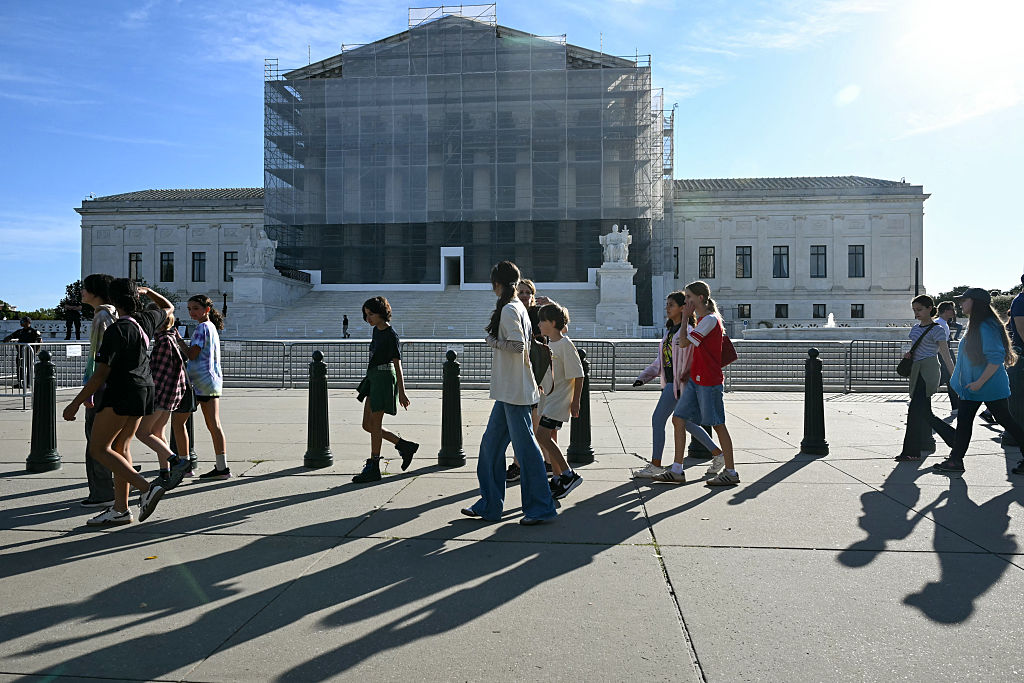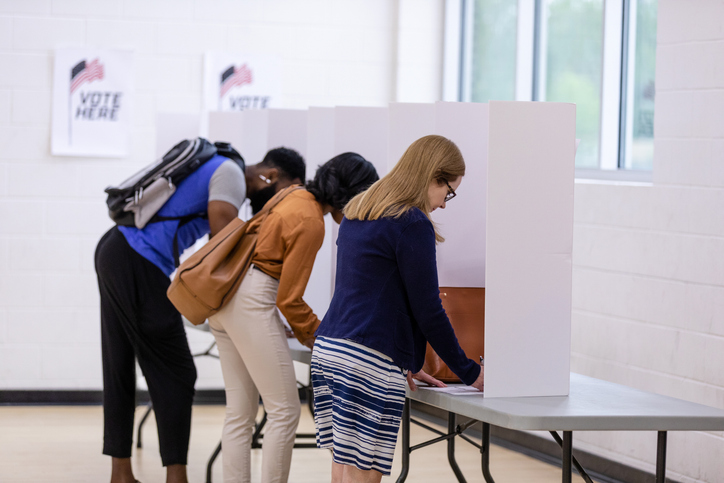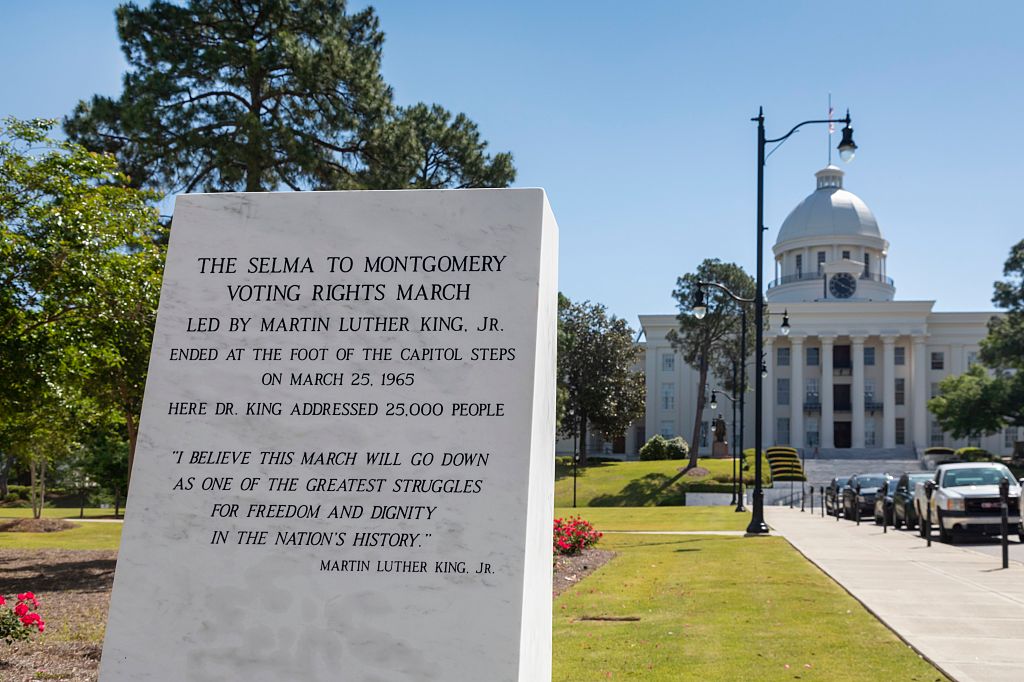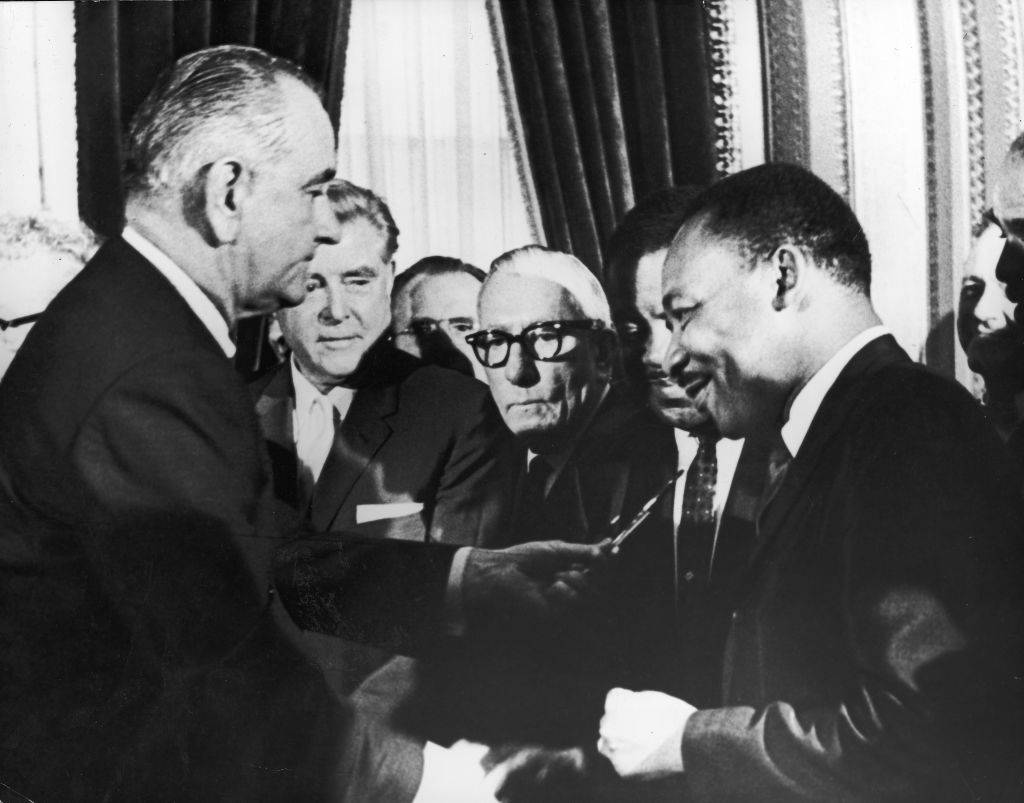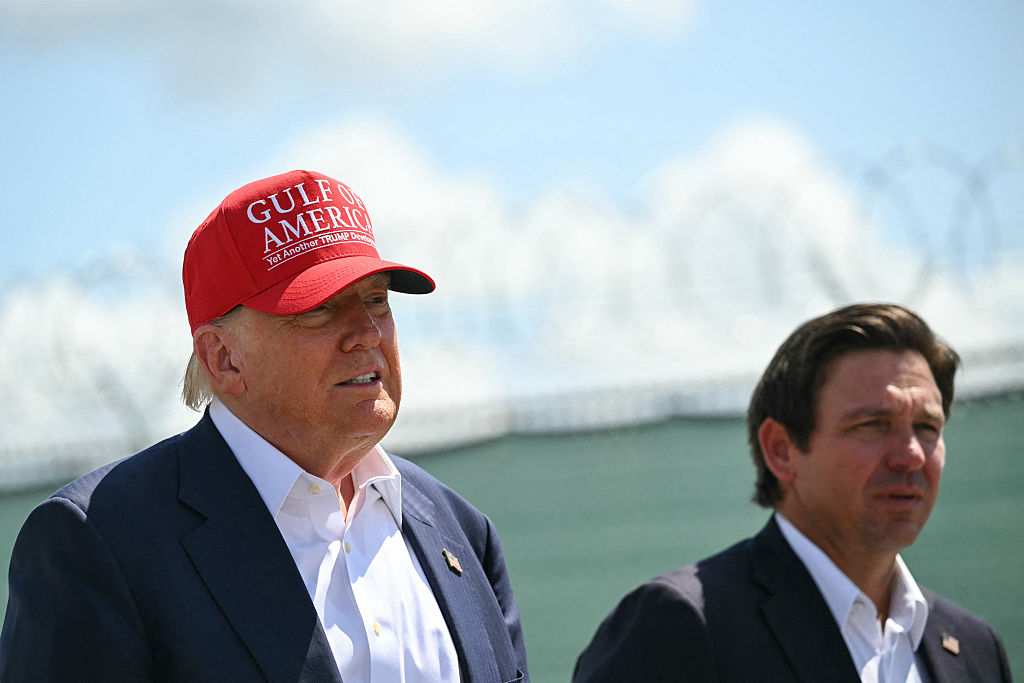Voting Rights Act of 1965
Jackson’s rebuke of the Reagan administration offers a clear framework for challenging political extremism and economic exploitation today.
Don’t think local elections matter? Imagine the difference in Chicago if Brandon Johnson weren’t the mayor.
Black Voters urge the Supreme Court to protect democracy and uphold voting rights, fair representation, and other constitutionally guaranteed rights and freedoms.
It remains to be seen whether the Supreme Court will prove to be Trump's personal court or the people's Court.
The Supreme Court will give voting rights opponents a second chance to undermine Black political power in 'Louisiana v. Callais.'
The 60th anniversary of the Voting Rights Act demands a sustained commitment to building and sustaining Black political power beyond the ballot box.
Sixty years after the Voting Rights Act, the future its authors dreamed seems further away than ever. But we must keep pushing forward.
Four years after redistricting began, the Florida Supreme Court upheld DeSantis’ maps diluting Black voter power.
The Louisiana Legislaturer struck down legislative maps that would have created eight new majority Black voting districts.
Who can defend voting rights? An appeals court ruling sharply limiting lawsuits looks likely to head to the Supreme Court.
Civil rights leaders ripped a federal appeals court decision that undermines legal precedent set by the Voting Rights Act of 1965 and will disproportionately affect Black and brown voters.
The late civil rights icon Rep. John Lewis will be honored with a U.S. Postal Service stamp.

